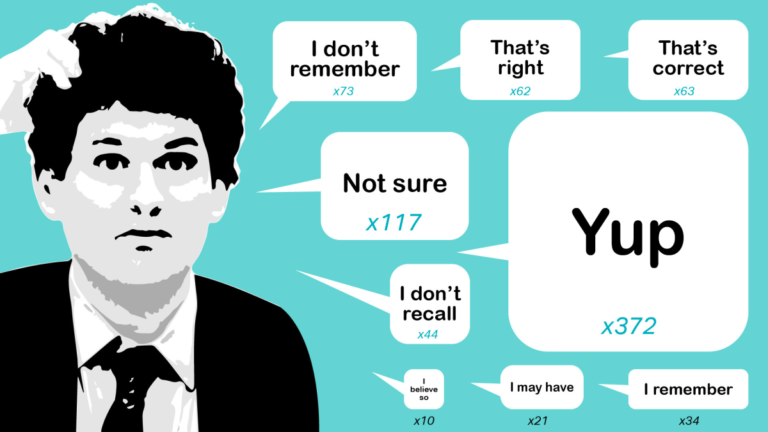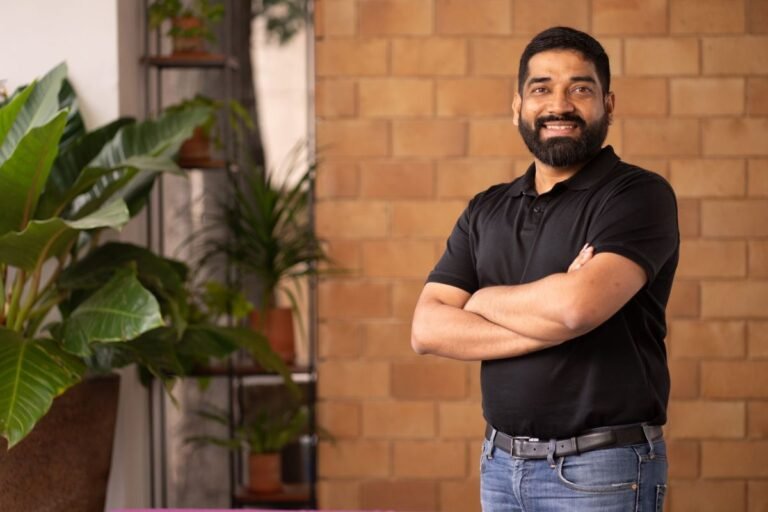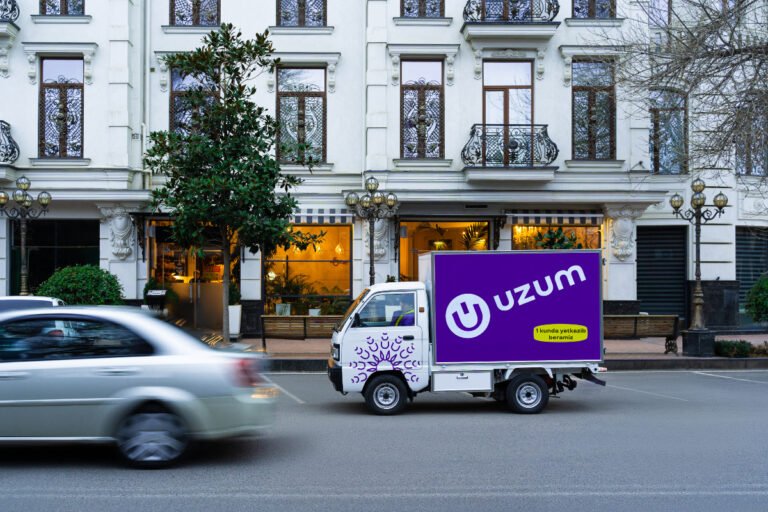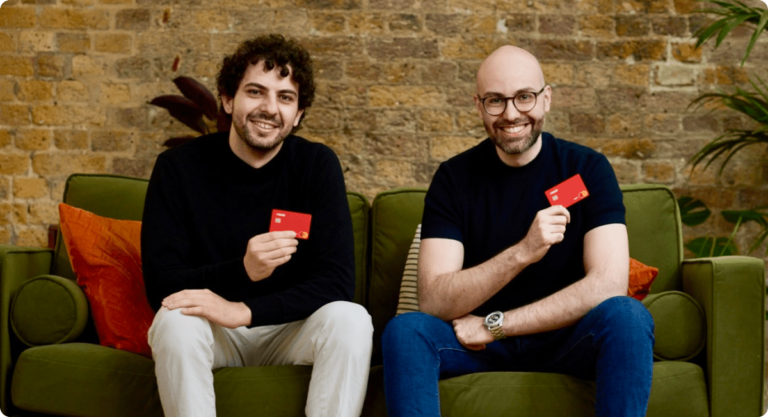
Nearly everything else that’s being built on or enabled by blockchains replaces something that’s already being done fairly well.
Yes, there are companies that facilitate crypto trades like Coinbase and Block (formerly Square).
But there’s no actual company that’s developed economic value by doing something brand new or better on a blockchain.
Energy drives the real-world economy, and unless Sam Altman or somebody successfully unlocks fusion and delivers energy that’s truly “too cheap to meter,” it’s going to remain a real asset with real value for some time.
In fact, it wouldn’t surprise me in the least if Satoshi had some kind of connection to the energy industry.

Zaver now has $30 million to make it a realityWe last checked in on Zaver, a Swedish B2C Buy-Now-Pay-Later (BNPL) provider in Europe, when it raised a $5 million funding round in 2021.
The company has now closed a $10 million extension to its Series A funding round, bringing its total Series A to $20 million.
Total investment to date stands at $30 million.
In Europe, Zaver competes on BNPL with Klarna, PayPal, and incumbents such as Santander and BNP Paribas.
However, Zaver’s schtick is it claims it can assess the risk on BNPL cart sizes of up to €200,000 in real time due to its risk assessment algorithms.

Amazon announced Thursday the launch of its new app for Amazon One, its contactless palm recognition service that allows customers to hover their palm over a device in order to purchase from select places, including over 500 Whole Foods Market stores, Amazon stores, and more than 150 third-party locations.
Instead of signing up for Amazon One at a physical retail location, users can now download the Amazon One app (available for iOS or Android devices) and take a photo of their palm right at home.
The company explains that all palm images taken via the new app are encrypted and sent to a secure Amazon One domain in the AWS cloud.
Amazon says that Amazon One has been used over 8 million times.
The app launch follows Amazon’s expansion of the technology for enterprise identity purposes, which gives companies the ability to authenticate employees when entering.

All VC firms have also grown increasingly focused on making early-stage investments in India in recent years and finding the next Flipkart at the seed stage.
Accel has been trying to find the right fit for its early-stage accelerator program for nearly half a decade now.
SkoobSkoob is a generative AI platform which is revolutionizing the way readers interact with books.
More than 800 startups applied to be in Atoms 3.0, and about 300-400 applicants were AI startups.
Swaroop said nearly two-thirds of all pitches focused on AI startups that sought to solve HR and marketing problems.

Robinhood’s new credit card was revealed Tuesday, and though it’s only available for Robinhood Gold members, the Gold Card does have a feature that’s spurring headlines: the ability to invest cash back bonuses into investments.
But what gives with tech companies getting into the consumer credit game?
You could argue that Robinhood’s choice to offer a card is just an extension of its already-expanding portfolio of financial products.
But Apple also has a card, recall.
And the tech giant is getting deeper into the realm of personal finance as time goes along.

Observe — not to be confused with Observe.AI — builds observability tools for machine-generated data that aims to break down data silos, useful for developers to understand how apps are working, being used, and potentially failing.
The main use case for Observe today is to analyze data to troubleshoot when an application is not working as it should be.
It’s very permissive.” The company today works with third-parties to enhance that work but he doesn’t rule out native applications in these and other areas down the line.
“We see it as a lever to unlock new customers,” he said of the investment thesis of Snowflake Ventures.
[In data,] there is nothing that competes with Observe right now,” Williams added.

Banking-as-a-service startup (BaaS) Synctera has conducted a restructuring that has resulted in a staff reduction, the company confirmed to TechCrunch.
While Synctera did not share how many employees were impacted, a report in Fintech Business Weekly pegs the number to be about 17 people, or about 15% of the company.
Synctera built a platform designed to bring together fintech companies and sponsor banks.
Treasury Prime slashed half its 100-person staff in February, a year after it announced a $40 million Series C raise.
Meanwhile, Piermont Bank reportedly cut ties with startup Unit, FinTech Business reported.

Uzum, an e-commerce startup offering online shopping, fintech and food deliveries to millions of customers in Uzbekistan, has raised $114 million in funding, becoming the country’s first unicorn with a valuation of $1.16 billion.
Fintech startups dominated the market with a 30% share, followed by e-commerce startups at 27%, according to estimates (PDF) by the Asian Development Bank.
“We want to expand the products, enhance the infrastructure of our e-commerce, and fund our fintech,” Djumaev said.
By the end of this year, Uzum plans to combine all its businesses into two super apps: one for its consumer-focused offerings, and another for its business-focused products.
However, he doesn’t see any competition in Uzbekistan, as Uzum has the advantage of enjoying different margins across products, and can make higher margins by combining its e-commerce and fintech services.

Welcome to TechCrunch Fintech (formerly The Interchange)!
TC reporter Tage Kene-Okafor reported on how Uber led a $100 million investment into African mobility fintech Moove as the startup’s valuation hit $750 million.
He also wrote about how Zone raised $8.5 million to scale its decentralized payment infrastructure.
Dollars and centsNon-sexy industries can appeal to investors too.
The YC-backed startup raised $4.1 million last year with the goal of serving high-earning millennials and Gen Zers.

Nsave, a fintech based in Geneva making banking in Switzerland accessible to people in countries at war or those with unstable banking sectors or facing high inflation, has raised $4 million seed funding.
Amer Baroudi and Abdallah AbuHashem co-founded nsave in 2021 from lived experiences.
“And then based on the risk scores, you might be prompted into different streams of questions or enhanced due-diligence mechanisms.
Also, in war-torn countries like Sudan, people with savings in local banks have a hard time accessing their money.
“Now nsave is live, there’s finally a trusted option to protect their users against the rampant inflation of distressed economies, providing safe, stable offshore accounts to people who need them the most.”













